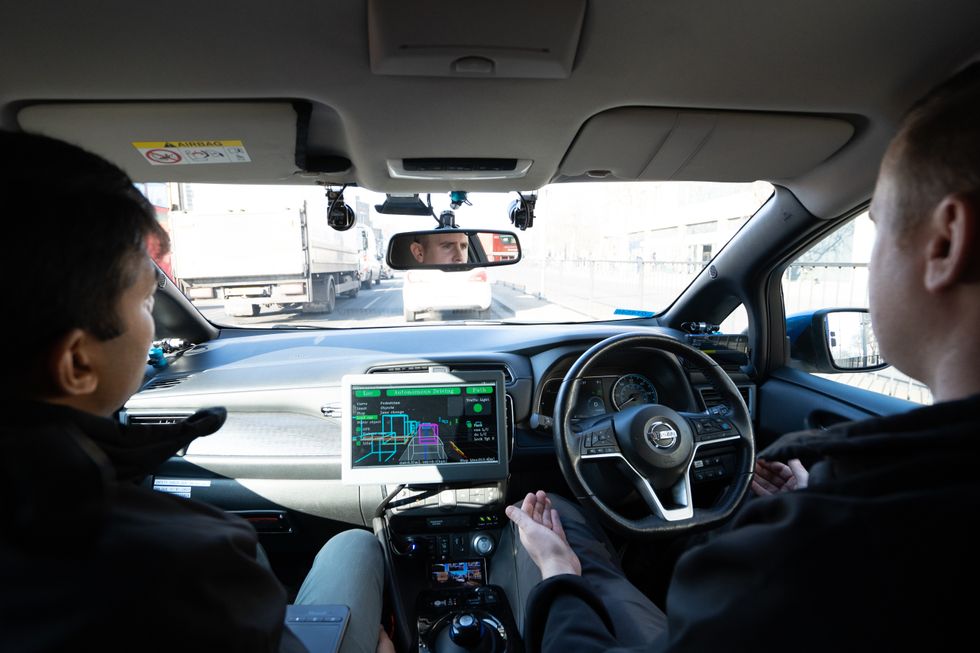Labour has announced a significant U-turn on its plans to move away from EU vehicle standards in favour of a unique GB type approval.
In a surprising shift, the Department for Transport has proposed changes that will align British regulations more closely with those of the European Union and international standards.
This decision comes as experts call for a flexible and adaptable type approval regime for vehicles.
The move directly contrasts with what previous Conservative Transport Secretary Mark Harper had announced earlier this year.
Do you have a story you’d like to share? Get in touch by emailing[email protected]

The Government plans to modify windscreen wash
GETTY
He said at the time: “Now that the UK has left the EU, we can rethink vehicle regulation. We have the freedom to create a system that meets the needs of manufacturers and consumers in the UK.”
But after hearing input from the industry the DfT has decided to realign its regulations with existing EU measures.
For emergency call (eCall) systems, the changes will accommodate 4G/5G technology, aligning with EU standards. This shift is necessary as 2G/3G networks are being phased out.
The Government also plans to modify windscreen wash and demist system requirements to match recent EU amendments, providing more flexibility for manufacturers.
For heavy goods vehicles, the UK intends to extend indefinitely a waiver allowing the use of EU-certified components in CO2 emissions calculations.
The Department for Transport is also considering adopting United Nations Economic Commission for Europe regulations for various vehicle systems, including ISOFIX child safety seat attachments and automated lane keeping systems.
These changes aim to reduce regulatory divergence and ease the burden on manufacturers by allowing harmonised solutions for both UK and EU markets.
The UK is also proposing to adopt several United Nations Economic Commission for Europe regulations into its GB type approval scheme. This includes UNECE Regulation 145 for ISOFIX child safety seat attachments and Regulation 157 for automated lane keeping systems.
The move towards ALKS is particularly significant, as it represents the first internationally agreed technical requirements for an automated driving system that doesn’t require driver supervision on motorways.
The Government is also gathering views on potential changes to lighting regulations, vehicle security standards, and information document templates.
Proposals include clarifying regulations for electric vehicle conversions and addressing the weight of electric vehicle batteries in light goods vehicles.
The UK is also exploring amendments to regulations on maximum weights when towing and updating motorcycle helmet and eye protection standards.These potential changes reflect the UK’s commitment to aligning with international standards where beneficial, while maintaining the ability to create bespoke domestic requirements.
LATEST DEVELOPMENTS:

Changes also see UK match Europe regulation on automated vehicles
PA
These regulatory changes signal a significant shift in the UK’s approach to vehicle standards post-Brexit. By aligning more closely with EU and international regulations.
The move is likely to be welcomed by the automotive industry, as it reduces the need for separate UK-specific vehicle designs. However, some drivers view the backslide as a departure from the promise of regulatory independence following Brexit.